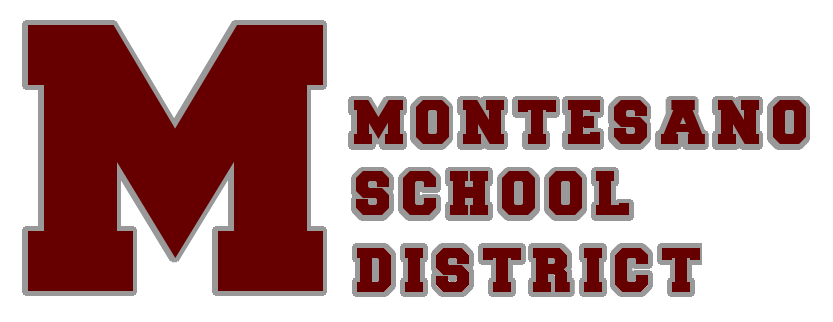Operating Protocol
Addressing the School Board
The Board recognizes the value of public comment on education issues and the importance of involving members of the public in its meetings. To that end, the Board will provide a period at an early point in the meeting during which visitors may address the board on subjects not on the agenda. The Board may allow individuals to address the board on select agenda items prior to Board action.
In order to permit fair and orderly comment, individuals who wish to address the Board should fill out a card with their name and the topic on which they wish to speak. Groups or delegations wishing to speak to the Board should identify a spokesperson for the group. The card should identify the speaker and the group represented. Prior to the start of the regular business meeting, the cards will be collected and given directly to the Board President or the Superintendent. For more information regarding 'addressing the school board', please contact the district office at 360.249-3942 to request a copy of the School Board Information Brochure.
Board Protocol
- The board will represent the needs of all the children in our district.
- Surprises to the board or the superintendent will be the exception, not the rule. We agree to ask the board chair or the superintendent to place an item on the agenda instead of bringing it up unexpectedly at the meeting. This allows all of us to properly prepare for our meetings.
- Conduct at a board meeting is very important. We agree to avoid words and actions that create a negative impression on an individual, the board or the district. While we encourage debate and differing points of view, we will do it with care and respect to avoid an escalation of negative impressions or incidents.
- To be efficient and effective, long board meetings must be avoided. If a board member believes he/she doesn’t have enough information or has questions, either the superintendent or board chair is to be called before the meeting, so information can be gathered.
- Board meetings are for decision-making, action and votes, not unlimited discussion. We agree to “move the questions” when discussion is repetitive.
- The board will not play to the audience. We agree to speak to the issues on the agenda and attend to our fellow board members. Facts and information needed from the administration will be referred to the superintendent.
- Executive sessions will be held only when specific needs arise. Board members will be extremely sensitive to the legal ramifications of their meeting and comments;
- Communications between staff and the board are encouraged. However, board requests which will require time, action or have political implications are to be directed to the superintendent or the full board.
- All personnel complaints and criticisms received by the board or its individual members will be referred to the superintendent.
- Board members will come to the board meetings prepared and ready to do business. Board members will open and read all email communications from the Board or District so as to be fully informed.
- The board will emphasize planning, policy-making and public relations rather than becoming involved in the management of the schools.
- The board will address its behavior by yearly self-evaluation in June of each year and by addressing itself to any individual problems, such as poor meeting attendance, tardiness or leaks of confidential information.
- The board will set clear goals for themselves, the superintendent and the school district by the month of September of the current school year.
- The superintendent is the chief executive officer and should recommend/propose/suggest most matters before the board.
- Individual board members do not have authority. Only the board as a whole has authority. The board president will communicate to the media the official position(s) of the board. (When board members serve on various school committees, their role shall be defined by the board as silent observers or active participant.)
- The Board will commit to ongoing professional development on the roles and responsibilities assigned to each board member.
